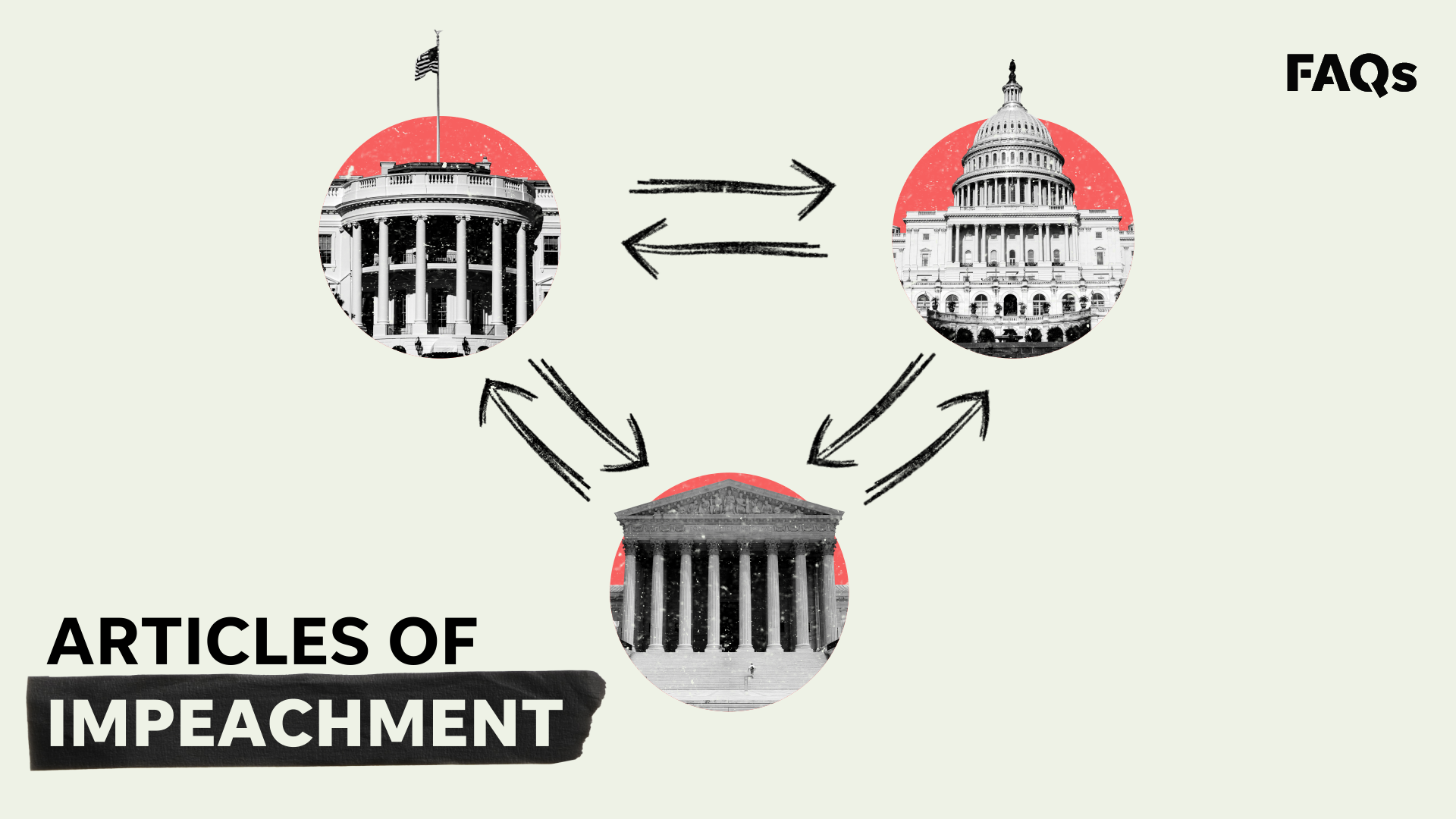Despite bitter Trump impeachment, Congress can still get things done: Joe Lieberman
The months ahead of an election have been among the most productive for Congress. Even impeachment need not be an impediment to getting things done

Few things seem certain in Washington these days beyond the fact that Republicans and Democrats will be at each other’s necks. After the ferocity of the impeachment battle and through the intensity of the presidential campaign, it’s difficult to know how the political landscape will look a year from now. Many seem content to wait until then for a clouded future to come into clearer view.
But what is possible this year? Election years, according to conventional wisdom, are not conducive to legislative progress. Members of the House and Senate, eager to be back home campaigning, press their leaders to maintain less rigorous schedules in Washington. Town hall meetings and coffee klatches in their districts and states take on greater importance than oversight hearings, for example. As a result, many pundits will tell you that the window of opportunity for real legislative accomplishments has closed.
But history teaches that the conventional wisdom is wrong. The months ahead of an election have in some cases been among the most productive. Even impeachment need not be an impediment to getting real things done for the American people as I saw in the Senate 20 years ago, after President Bill Clinton was acquitted. He managed to work productively with Congress through the last two years of his term. Whatever bad blood existed between the White House and Capitol Hill during the impeachment, the country’s leaders managed to carry on in pursuit of solving problems.
Learn from Clinton impeachment
Clinton was acquitted in February 1999. The next month his administration announced significant changes to drug regulations. The month after that, the president signed the Educational Flexibility Partnership Act of 1999, which freed states to use federal education dollars more effectively. Then Washington established wide ranging medical privacy protections. And later the White House negotiated a trade pact with China. This was also the period when NATO was at war to stop Serbian aggression and genocide, and the federal government was actually running a surplus.
In other words, Washington was productively at work. Despite the political complications, the business of America was getting done. The same thing could and should happen now — but it will take leadership in the national interest because partisanship in Washington is worse than it was 20 year ago.
Talking it out: Learning to discuss complicated issues ahead of the election
We want to hear from you: Be a part of the solution to finding solutions. Tell us here.
Today, Republicans and Democrats don’t even work productively together on issues where, beyond all the noise, they actually see eye-to-eye. Everyone suffers as a result. It would likely benefit both parties politically if they demonstrated a capacity to sit down and do some real legislating. They could then debate who has better plans for addressing any number of unresolved issues in the next presidential term.
Progress possible but not easy
It would be naïve to believe that it will be easy to make substantive progress in Washington this year. But there is plenty of important low-hanging fruit the White House and congressional Democrats could pick if they were inclined to cooperate.
On Capitol Hill, Democrats and Republicans are already working toward a bipartisan bill to address surprise medical billing and drug pricing. Pushing that across the president’s desk would be a huge win. Both sides have been talking about infrastructure reform for years, and a bipartisan way forward would serve both parties’ interests, not to mention America’s. And a bipartisan effort has begun to pass legislation that would permanently end government shutdowns, which cost taxpayers billions and serve no good purpose. Republicans and Democrats both have an incentive to take that game of legislative chicken off the table.
At a moment of great frustration inside Washington and around the country, too many people presume that legislative progress needs to suffer as campaigning ramps up. It does not. In the wake of an impeachment fight two decades ago, we were still able to deliver for our constituents. In this election year, today’s leaders can do the same. The American people would certainly benefit, and so would the people’s faith in their democracy, and confidence in their government.
Joe Lieberman, a Democrat, was a U.S. senator from Connecticut, 1989-2013, and is chairman of No Labels, a national organization working to revive bipartisanship.